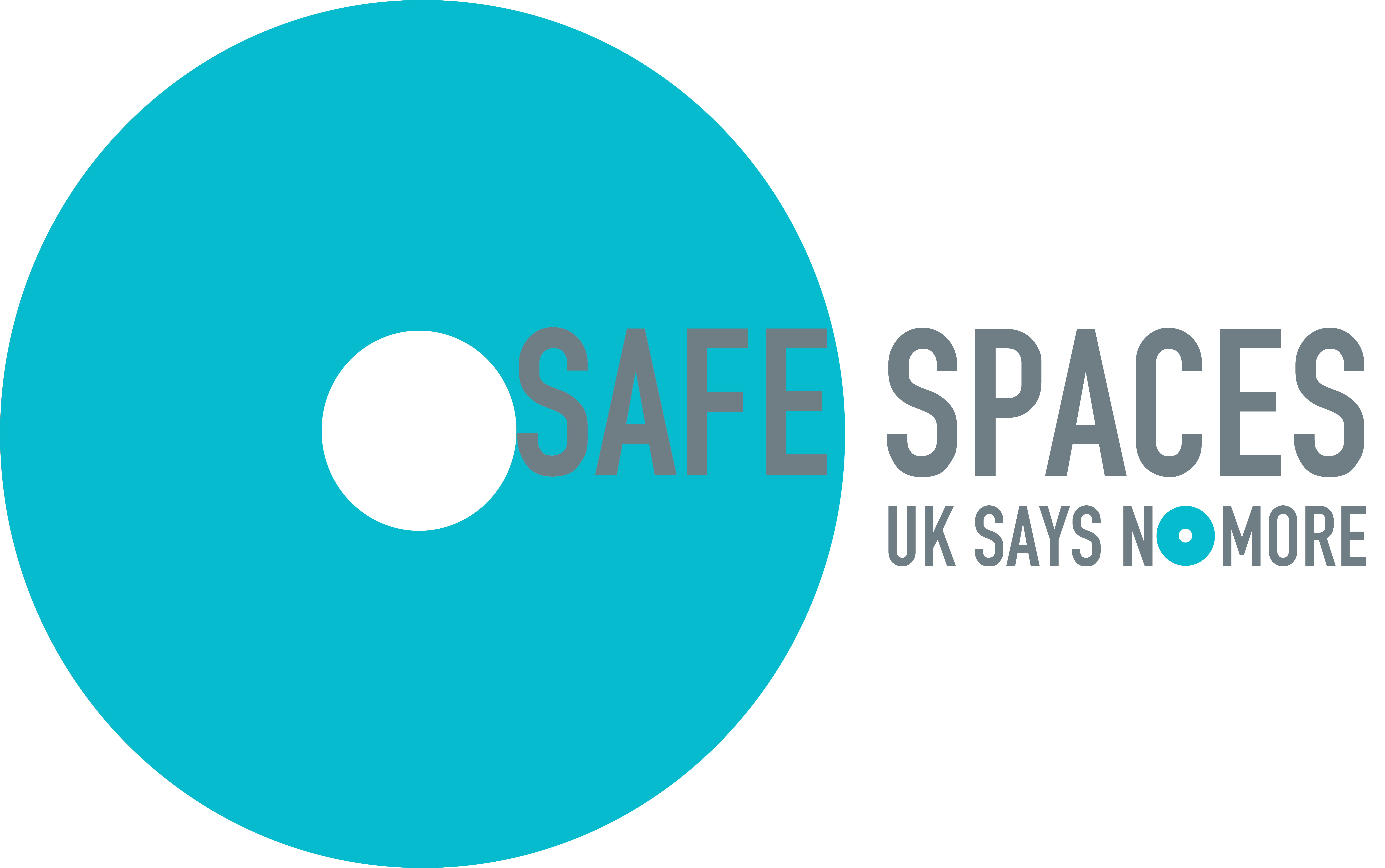Sleep quality
Insomnia is believed to affect approximately 33% of the world's population. Even people without chronic insomnia often struggle with sleep problems. Over half of UK adults sleep for 6 hours or less each night, while only 17% of UK adults enjoy the recommended 8 hours.
Sleep plays a huge role in our physical and mental health and sleep deprivation can have serious long-term health consequences. Because of this, it is important to do what you can to have a good night’s sleep to improve your physical and mental wellbeing.
Sleep problems impact our mental health, but mental health conditions can also worsen problems with sleep. Because of this relationship between sleep patterns and your mental state, it is important to talk to your doctor if you are having problems falling or staying asleep.
So how can you improve your sleeping pattern?
In addition to seeking help from medical professionals, there are also steps that you can take on your own to improve your sleep and well-being:
- Limit napping - Too much sleep during the day can have an effect on your ability to fall or stay asleep at night. Naps of 20 to 30 minutes a day can help you feel more alert and rested without interrupting your nightly sleep
- Establish a nightly routine - Stick to a set of habits that help prepare you for rest each night. Take a bath or shower, read a book, or practice a few minutes of meditation to calm your body. Repeat these routines each night to help set the mood for a solid night’s sleep.
- Avoid caffeine or stimulants too close to bedtime - consuming coffee or other caffeinated products in the late afternoon or evening can make it difficult to fall asleep.
- Turn off your devices - Watching television or playing on your phone at bedtime can make it more difficult to relax and settle down for sleep. Try setting limits on when you quit using your devices before bed.
If disturbance from neighbours is making it difficult for you to have a good night’s sleep, please take a look at our Anti-Social Behaviour (ASB) Toolkit. The toolkit has information on what is and is not considered ASB, the steps you can take if you are experiencing ASB or nuisance and how we can help.

